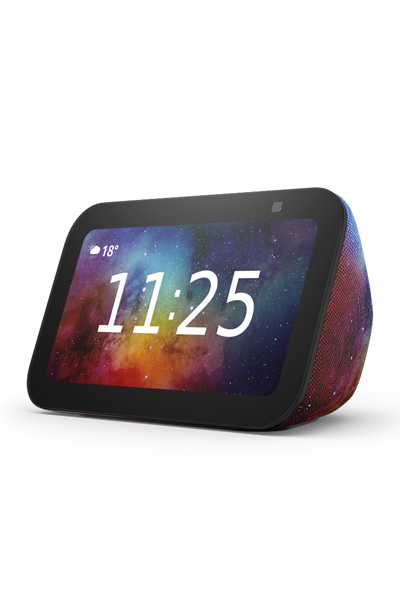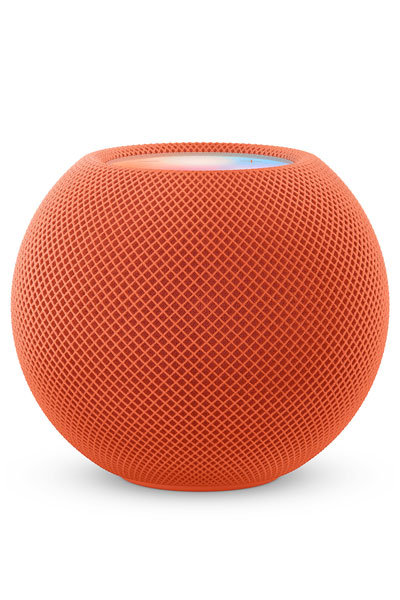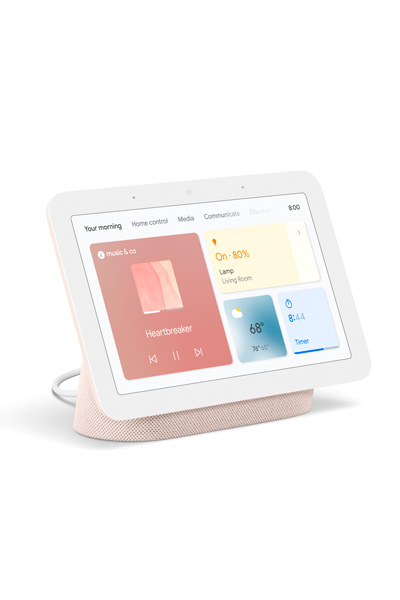How to make your life easier with voice assistants
They're the modern-day invisible butlers who are always there to help


They can be described a few ways - smart, AI, virtual or voice assistants - or perhaps you might know them simply by their popular name, like Siri or Alexa. But if you own a device with a built-in voice assistant, the chances are you’re barely scraping the surface of its capabilities.
The beating heart of a smart home, their most popular uses include asking for the local weather, setting timers or alarms and playing music. But the thing is, a smart assistant has a huge variety of uses, making daily tasks quicker and helping you become more organised at home.
What are voice assistants?
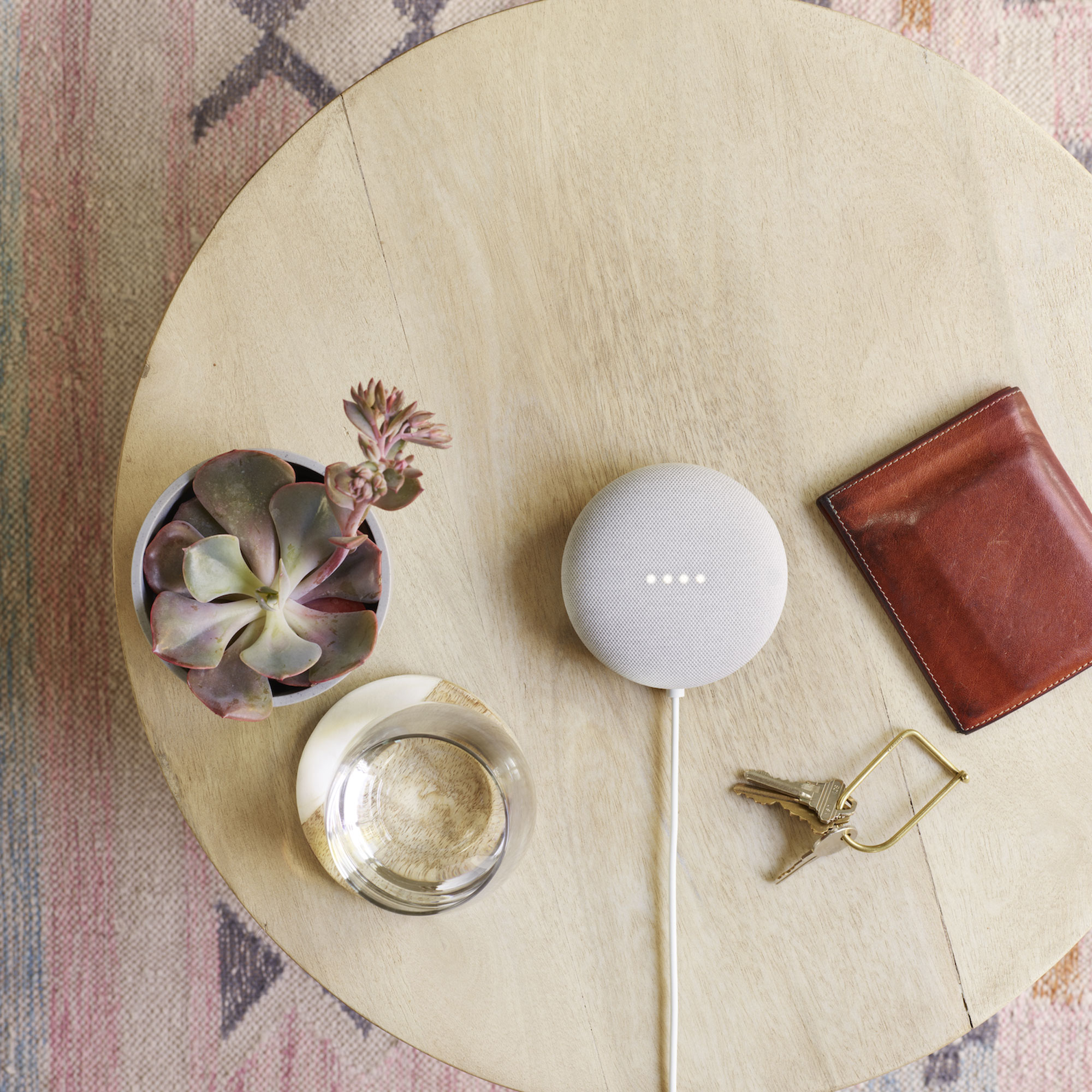
In a nutshell, a smart or virtual assistant is an AI programme integrated into a device that is designed to perform tasks or answer questions.
It could be built into a smart speaker or hub, a kettle, a voice-activated coffee machine, a smartphone, tablet, TV and so on. There are numerous assistants available but the three that dominate the market are Amazon's Alexa, Google's Assistant and Apple's Siri.
They’re controlled by your voice and are usually alerted by their specific ‘wake’ words, e.g. ‘OK (or Hey) Google’, ‘Alexa’ or ‘Hey Siri’. Order it to do a task or ask it a question and it will reciprocate.
What can they 'control'?
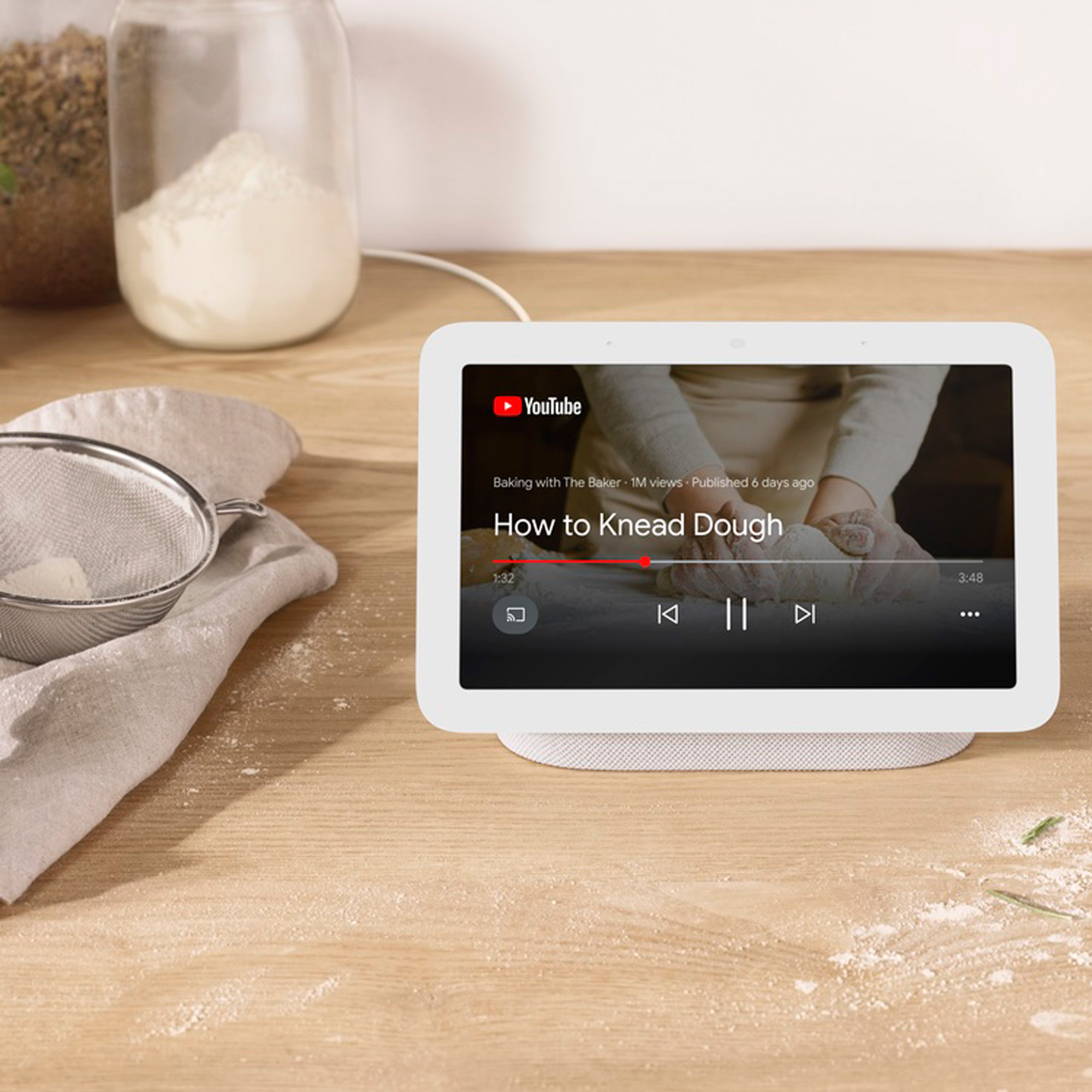
Aside from the most popular tasks listed above, a smart assistant’s capacity can be quite extensive when integrated with a variety of smart home devices.
Link it to smart lighting and you can ask the assistant to switch your lights on and off, and dim or brighten them whenever you choose.
Sign up to our newsletter for style inspiration, real homes, project and garden advice and shopping know-how
Pair your assistant with a smart thermostat and you can ask it to turn your heating on and off on cue, reduce the temperature by a few degrees, or isolate the heating in a certain room, turning it on off or up or down a few degrees if you have additional smart radiator valves.
You can ask it to show you the view of your front door on your TV screen via a video doorbell or similarly that of a security camera if you have a smart home security system set up.
Electrical items that have been plugged into a smart plug can also be activated or switched off by asking. These can all be set on timers (also called routines or automations) which can be adjusted, as and when you choose simply by asking.
What else can they do?
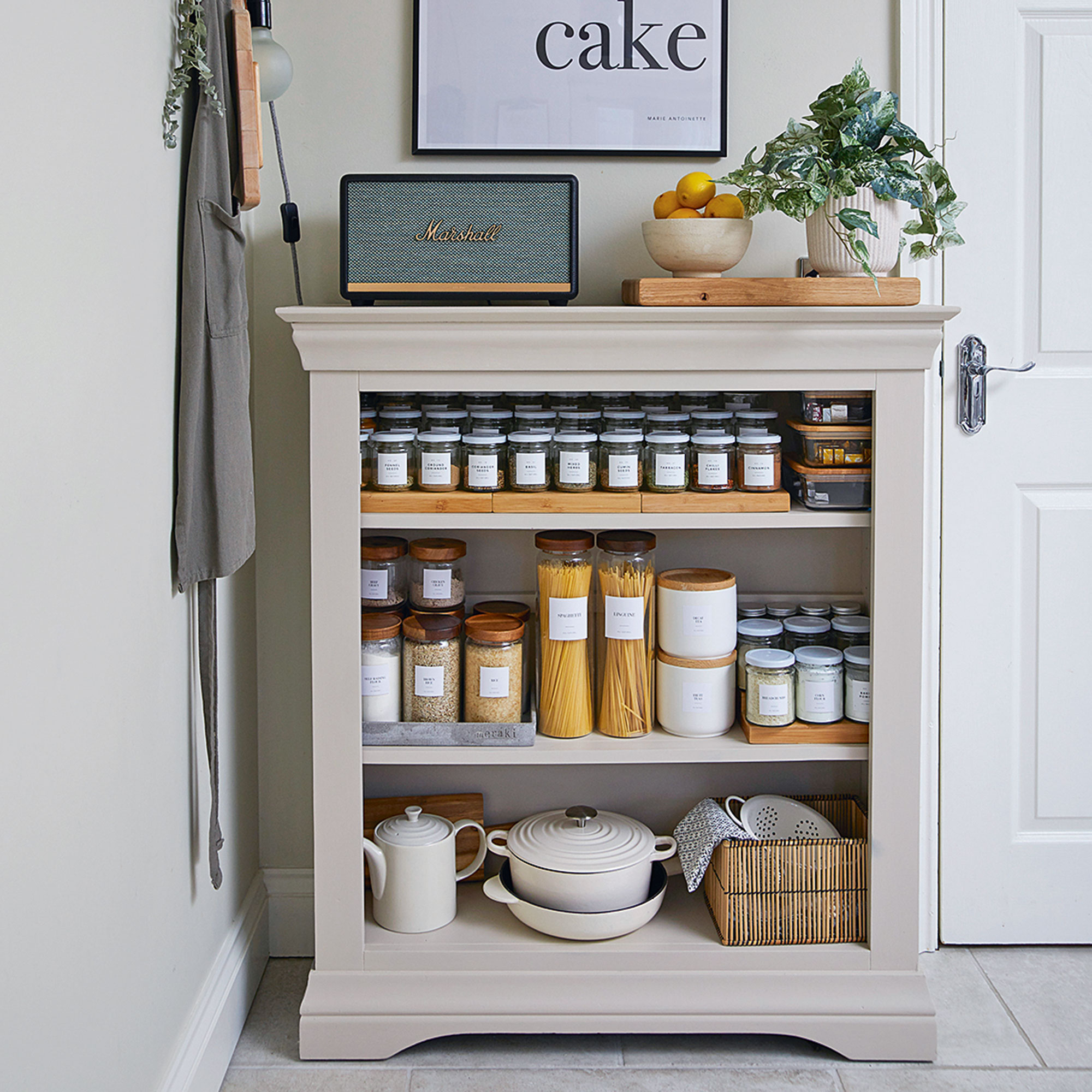
You can ask it to start a shopping list, place an order for something online, put a reminder in your diary, call someone or create and send a text message… the practical options are pretty extensive once you start experimenting.
You can use it as a search engine - as well as replying to any general questions you may have, a voice assistant can also produce visual answers for an online search when linked to a screen.
Google Assistant can be a virtual language interpreter, providing spoken (and - if using on a hub - on screen, written) translations into numerous languages.
Some assistants have collaborated with other companies to offer more specialised content. For example, Amazon’s Alexa can give you NHS-accredited health information by voice search.
What's the best way to ask?
While voice assistants are undoubtedly clever, they are sticklers for specificity - so if you don’t ask for something in the right way, it may get confused.
For instance, if you want help with translating something in Italian on your Google device, you need to ask ‘Hey Google, be my Italian interpreter’.
The best way to find out exactly what you can do and how to do it is via each brand’s ‘help’ pages. The Google assistant FAQ page will explain how and what it is capable of, while Amazon's Alexa advice page details what 'she' can do for you at home, from helping your kids' with their homework to ordering items on Amazon, quickly and easily. Apple's Siri help page will explain how to use Siri on any Apple device and more.

Ginevra Benedetti has been the Deputy Editor of Ideal Home magazine since 2021. With a career in magazines spanning nearly twenty years, she has worked for the majority of the UK’s interiors magazines, both as staff and as a freelancer. She first joined the Ideal Home team in 2011, initially as the Deputy Decorating Editor and has never left! She currently oversees the publication of the brand’s magazine each month, from planning through to publication, editing, writing or commissioning the majority of the content.
